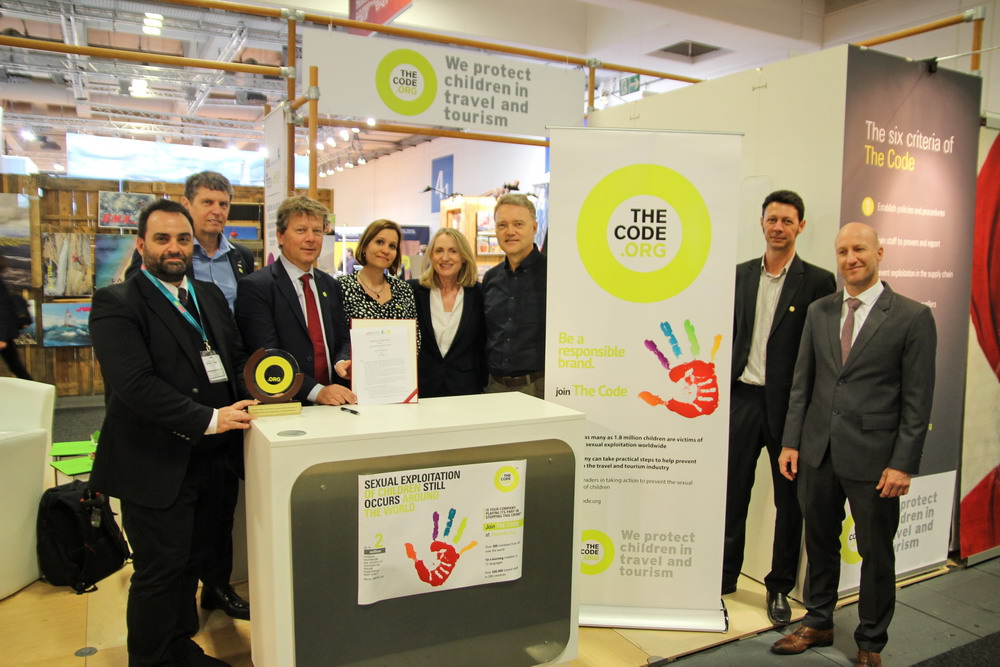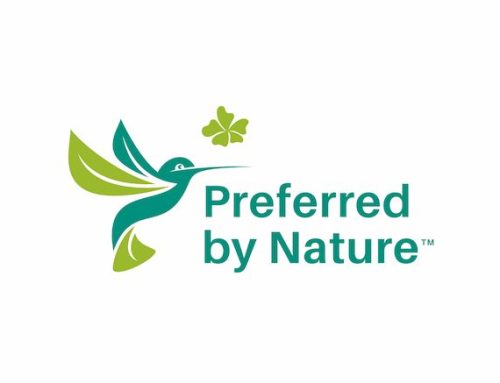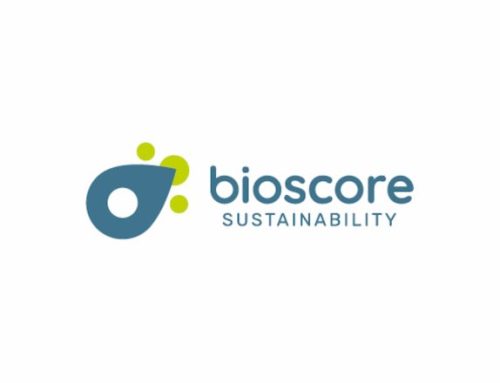At ITB travel trade show in Berlin, the Global Sustainable Tourism Council (GSTC) signed a ‘memorandum of understanding’ with The Code and ECPAT International to work together to expand standards for the protection of children and to take other measures to end this crime.
“Sustainable tourism is on the rise, consumer demand is growing for this kind of travel, industry suppliers are developing new programmes, and governments are creating new policies. And while the focus of sustainable travel and tourism has traditionally been on the environment – it is important that the potential human cost is also taken into consideration. Growth in the travel and tourism sector must include child protection mechanisms to be truly sustainable” said Robbert van den Berg, Executive Director of ECPAT International.
“The GSTC Criteria include social elements, and we are pleased to engage ECPAT International and The Code in their ongoing development and implementation of child protection measures,” said Randy Durband, CEO of GSTC.
“The Code is very pleased to see further integration of criteria and measures for the protection of children in the standards for GSTC as this will have a widespread impact on the global tourism industry taking steps collectively to protect children in travel and tourism,” said Elise Allart, The Code Board, TUI Group.
Research indicates that the sexual exploitation of children through the travel and tourism industry has grown exponentially in recent years along with the rapid growth of the sector. As new destinations and countries open up, this has imperiled children who today are more and more vulnerable to exploitation by traveling sex offenders.
The GSTC establishes and manages global sustainable standards, known as the GSTC Criteria. There are two sets: Destination Criteria for public policy-makers and destination managers, and Industry Criteria for hotels and tour operators. These are the guiding principles and minimum requirements that any tourism business or destination should aspire to reach in order to protect and sustain the world’s natural and cultural resources, while ensuring tourism meets its potential as a tool for conservation and poverty alleviation.
The GSTC Criteria form the foundation for GSTC’s role as the global Accreditation Body for Certification Programs that certify hotels/accommodations, tour operators, and destinations as having sustainable policies and practices in place.
The Code encourages its members to adhere to the GSTC Criteria for sustainability, while GSTC encourages its partners to support The Code, as a practical means of implementing child protection standards.
Currently, GSTC is revising its Destination Criteria. ECPAT International has helped review criteria related to minimizing negative impacts by preventing the sexual exploitation of children in the travel and tourism industry.

Dr. Ioannis Pappas, South East Europe GSTC Representative, GSTC; Theo Noten, Program manager, Defence for Children/ECPAT Netherlands; Robbert van den Berg, Executive Director, ECPAT International; Elise Allart, Executive Director Programmes & Operations, TUI Care Foundation (Chair of the Board of The Code); Jane Ashton, Director of Sustainability, Group Sustainable Development Department, TUI Group; Randy Durband, Chief Executive Officer, GSTC; Damien Brosnan, Programme Director, The Code; Thomas Muller, Deputy Director (Network Development), ECPAT International





